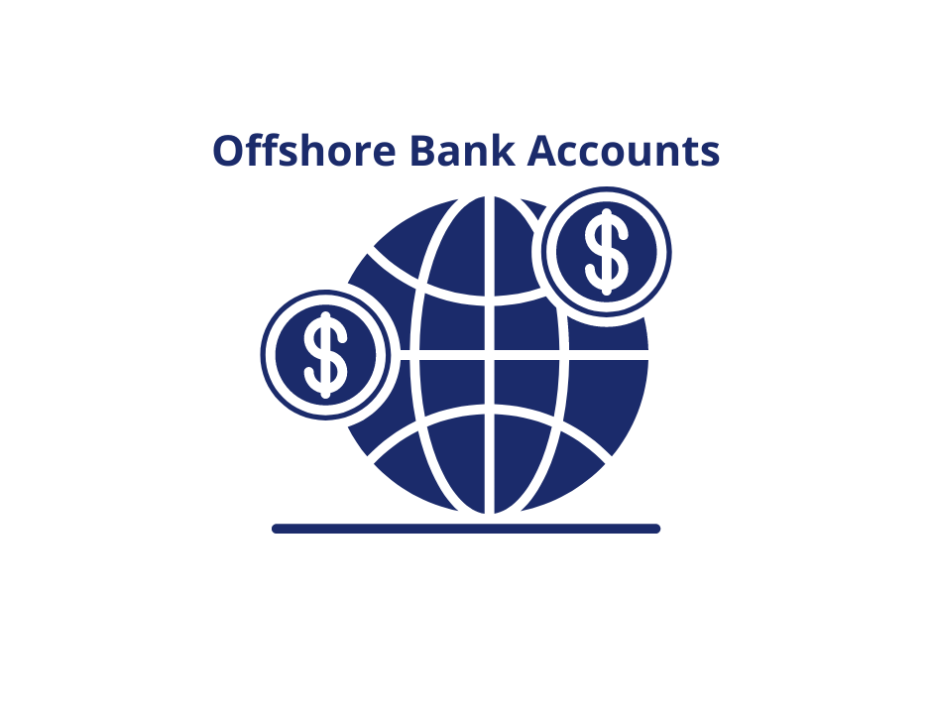Strategies for Cost-Effective Offshore Business Development
When taking into consideration offshore business development, the pursuit for cost-effectiveness ends up being a paramount worry for services looking for to expand their operations globally. In a landscape where fiscal vigilance rules supreme, the strategies used in structuring offshore entities can make all the difference in accomplishing economic efficiency and functional success. From browsing the intricacies of territory selection to implementing tax-efficient structures, the journey towards developing an overseas presence is rife with chances and difficulties. By discovering nuanced approaches that blend legal compliance, monetary optimization, and technical advancements, companies can start a path in the direction of overseas firm development that is both financially prudent and purposefully audio.
Selecting the Right Jurisdiction
When establishing an offshore firm, picking the proper jurisdiction is an essential choice that can substantially impact the success and cost-effectiveness of the formation process. The jurisdiction picked will establish the governing framework within which the company runs, influencing tax, reporting requirements, personal privacy legislations, and general business adaptability.
When selecting a jurisdiction for your offshore company, numerous elements need to be taken into consideration to make sure the decision lines up with your critical objectives. One vital element is the tax obligation regime of the territory, as it can have a substantial influence on the company's success. In addition, the level of governing conformity called for, the political and financial security of the territory, and the ease of working has to all be examined.

Furthermore, the online reputation of the territory in the international business neighborhood is vital, as it can affect the perception of your firm by clients, companions, and banks - offshore company formation. By carefully examining these elements and seeking professional guidance, you can choose the best jurisdiction for your overseas business that enhances cost-effectiveness and sustains your business objectives

Structuring Your Firm Effectively
To make certain optimum performance in structuring your overseas firm, careful attention has to be provided to the business framework. The first step is to specify the company's ownership framework clearly. This consists of figuring out the shareholders, directors, and police officers, in addition to their functions and obligations. By establishing a clear possession structure, you can make sure smooth decision-making procedures and clear lines of authority within the company.
Following, it is vital to take into consideration the tax obligation ramifications of the picked framework. Various jurisdictions provide differing tax obligation advantages and motivations for overseas business. By meticulously analyzing the tax laws and guidelines of the picked territory, you can enhance your firm's tax efficiency and reduce unnecessary costs.
In addition, keeping correct documents and documents is critical for the efficient structuring of your offshore firm. By maintaining up-to-date and exact documents of economic transactions, company decisions, and conformity papers, you can make sure transparency and liability within the organization. This not just facilitates smooth procedures yet also aids in showing compliance with regulative demands.
Leveraging Innovation for Savings
Efficient structuring of your offshore company not just pivots over at this website on careful focus to business structures however additionally on leveraging technology for savings. One way to leverage innovation for cost savings in overseas business formation is by utilizing cloud-based services for data storage and partnership. By incorporating technology strategically into your offshore like it firm development procedure, you can attain substantial savings while enhancing operational effectiveness.
Minimizing Tax Responsibilities
Making use of calculated tax preparation strategies can efficiently lower the financial worry of tax responsibilities for overseas companies. In addition, taking advantage of tax obligation motivations and exceptions offered by the territory where the overseas firm is signed up can result in considerable cost savings.
Another technique to reducing tax obligations is by structuring the overseas business in a tax-efficient manner - offshore company formation. This includes carefully designing the ownership and functional structure to maximize tax obligation advantages. Establishing up a holding company in a jurisdiction with favorable tax legislations can aid reduce and combine profits tax obligation direct exposure.
Additionally, remaining upgraded on international tax obligation policies and compliance needs is important for reducing tax obligations. By making certain strict adherence to tax obligation regulations and laws, overseas companies can stay clear of expensive penalties and tax conflicts. Looking for specialist advice from tax experts or lawful experts focused on worldwide tax obligation issues can likewise offer beneficial understandings right into reliable tax obligation planning methods.
Making Certain Conformity and Threat Reduction
Implementing durable conformity procedures is necessary for offshore firms to minimize threats and keep regulatory adherence. Offshore territories usually encounter boosted analysis because of issues regarding cash laundering, tax evasion, and other economic criminal activities. To make sure conformity and mitigate threats, overseas companies ought to carry out extensive due diligence on customers and company companions to avoid involvement in immoral tasks. Additionally, executing Know Your Customer (KYC) and Anti-Money Laundering (AML) treatments can my site help confirm the legitimacy of transactions and secure the company's online reputation. Routine audits and reviews of monetary records are vital to identify any irregularities or non-compliance concerns immediately.
Moreover, remaining abreast of changing policies and legal requirements is important for overseas firms to adjust their compliance techniques accordingly. Engaging legal experts or compliance professionals can provide important support on navigating complicated regulative landscapes and making certain adherence to international criteria. By focusing on conformity and risk reduction, offshore business can improve openness, develop depend on with stakeholders, and protect their operations from prospective legal consequences.
Conclusion

Making use of strategic tax obligation preparation strategies can effectively decrease the financial worry of tax obligations for overseas companies. By dispersing earnings to entities in low-tax territories, overseas firms can lawfully lower their overall tax obligations. Additionally, taking benefit of tax incentives and exemptions offered by the jurisdiction where the overseas business is registered can result in considerable cost savings.
By making certain rigorous adherence to tax regulations and guidelines, overseas firms can stay clear of pricey fines and tax obligation disputes.In conclusion, cost-effective offshore firm formation requires careful consideration of territory, reliable structuring, technology use, tax minimization, and conformity.